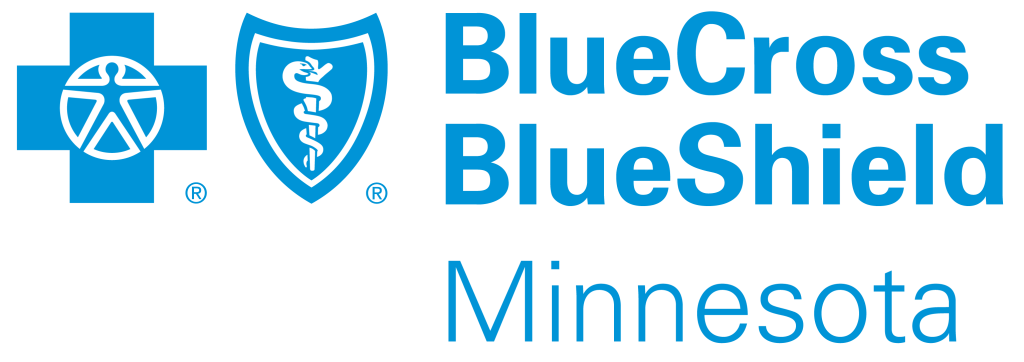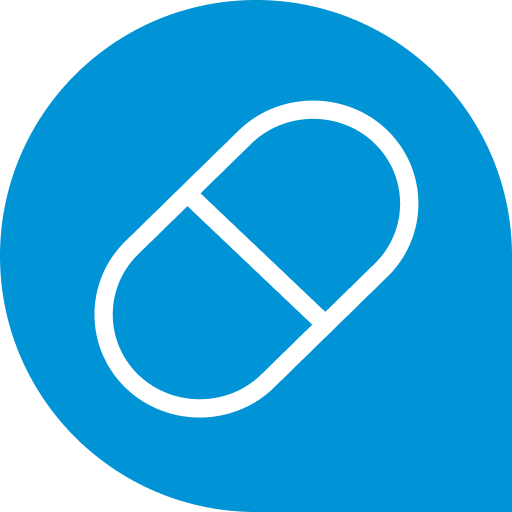Anita: Hi Robert and thank you for this important question! It is not recommended to start taking a daily dose of aspirin without speaking to your pharmacist or primary care provider first.
Aspirin recommendations have changed dramatically in the last few decades, and it is no longer recommended for all older patients. There are two reasons why people may need to take a daily low dose of aspirin. There is primary prevention – which is preventing your first heart attack or stroke. Then there is secondary prevention – which means you’ve already had a heart attack, stroke, or are known to have some other heart, vessel or blood disorder.
Because aspirin is a blood thinner and prevents your blood from clotting too easily, it can also increase your risk of bleeding. This increased risk could include strokes caused by a burst blood vessel or developing a bleeding stomach ulcer. Some guidelines recommend that unless there is some known heart, vessel, or blood disease, patients over the age of 70 should not use daily aspirin. Some guidelines go as far as saying patients over 60 should not be using aspirin for primary prevention due to this increased bleeding risk.
If you are over the age of 60, it is important to check with your doctor if you should still be on aspirin if it was previously recommended for you. If you are younger than 60 and have diabetes or other risk factors such as being a smoker or high blood pressure, it still may be a good idea for you to take aspirin.
Generally, nothing more than an 81 mg of daily aspirin (commonly called a baby aspirin) is recommended for preventing cardiovascular events. All in all, do not take a daily aspirin unless it is recommended by your health care provider.



